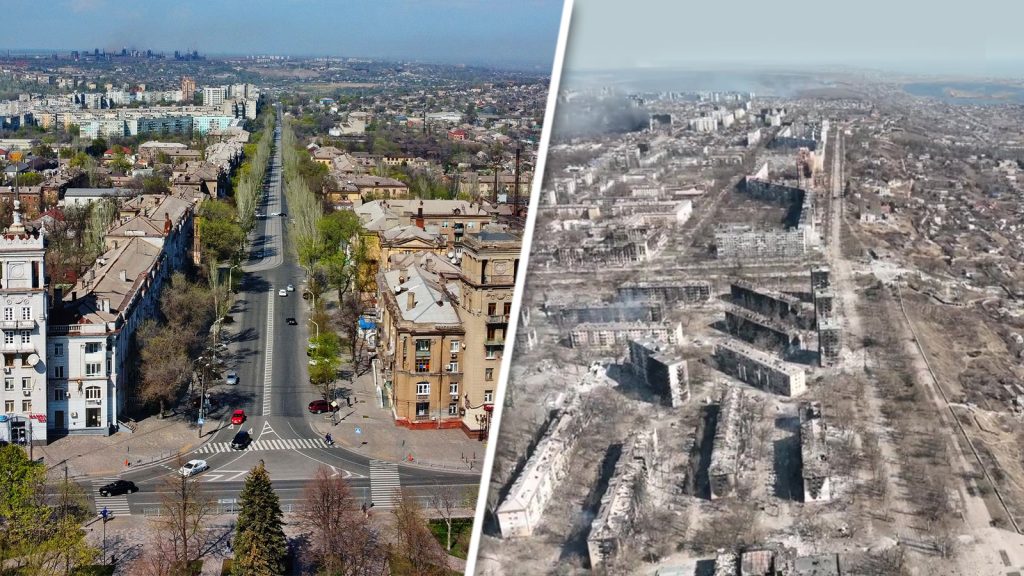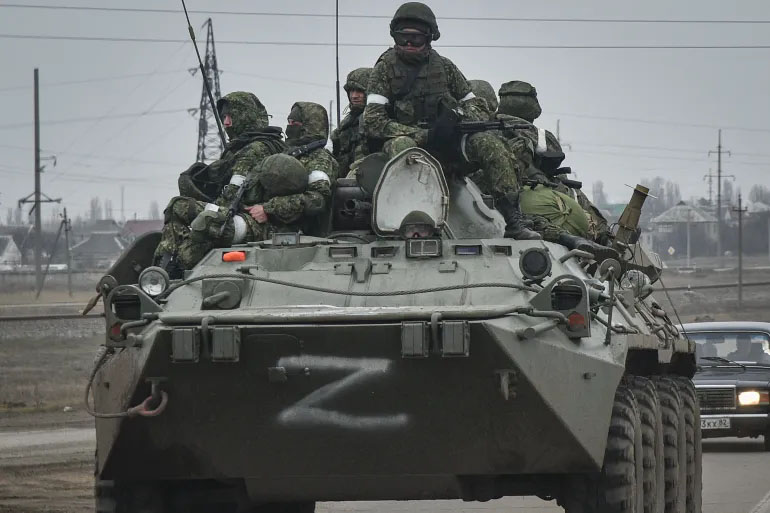After more than three years of relentless combat, Russia holds significant territorial control in Ukraine, has absorbed the economic shock of international sanctions, and has restructured its defense industries for long-term war. By all traditional measures—military power, resource scale, and political control Russia should have concluded the war.

Yet, the war continues.
This contradiction lies at the heart of the Russia-Ukraine conflict in 2025: a superpower that appears to be winning, yet is unable to end the war.
What Russia Has Achieved
Militarily, Russia controls vast territories across eastern and southern Ukraine, including Donetsk, Luhansk, Zaporizhzhia, and Crimea. Its early failures in Kyiv and Kharkiv have been replaced with consolidated defensive positions and supply corridors. Russian production of tanks, drones, and long-range artillery has accelerated. Its naval modernization is underway, and missile strikes continue to degrade Ukraine’s critical infrastructure.
Politically, Vladimir Putin has faced no serious domestic challenge. Public dissent has been neutralized, and the Kremlin’s narrative of defending Russian sovereignty remains popular across the country.
Economically, Russia has adapted. While Western sanctions hit hard, Moscow pivoted toward China, India, and the Global South. Oil and gas revenues continue to flow. Russia is not isolated—it is repositioned.

Why Victory Remains Elusive
Yet despite these strategic strengths, Moscow has failed to achieve what any war ultimately requires: closure.
- Ukraine Refuses to Surrender
Backed by billions in Western aid, Ukraine has refused to capitulate. Its army, though depleted, is deeply entrenched. The population—especially in the West of the country—remains fiercely anti-Russian. The state continues to function, the capital remains sovereign, and Zelensky’s government has not fled. For Russia to “win,” Ukraine would have to break. It hasn’t. - Russia Cannot Occupy What It Conquers
Russia can bomb cities. It can seize land. But it cannot govern large hostile populations indefinitely. Every inch it captures becomes a security burden vulnerable to counterattacks, sabotage, and resistance. Full occupation of Ukraine would require hundreds of thousands more troops an unsustainable proposition. - Western Support for Ukraine Endures
Although political tensions exist, NATO and the EU continue to funnel arms, intelligence, and funds to Kyiv. The United States under Trump has scaled back rhetoric, but not the pipeline of weapons. As long as Ukraine receives this lifeline, Russia faces a permanent battlefield—not a surrender. - Global Optics Matter
A forced Ukrainian surrender would trigger global diplomatic backlash, further pushing neutral states like India and Brazil away from Moscow. Russia is walking a fine line: dominate the war, but avoid complete pariah status.
The War Has No End Because the Stakes Are Too High
If Russia pulls back, it admits defeat. If it advances too far, it risks global isolation and endless insurgency. For Ukraine, survival is victory. For Russia, victory is undefined and therefore, unattainable.
Conclusion
Russia may have the military upper hand, but wars are not won on paper they are won through political collapse, negotiated surrender, or public exhaustion. None of those exist in Ukraine.
This is no longer just a war over land it’s a war of narratives, thresholds, and endurance. And in that war, both sides remain trapped one advancing, one resisting, but neither able to finish what was started.




